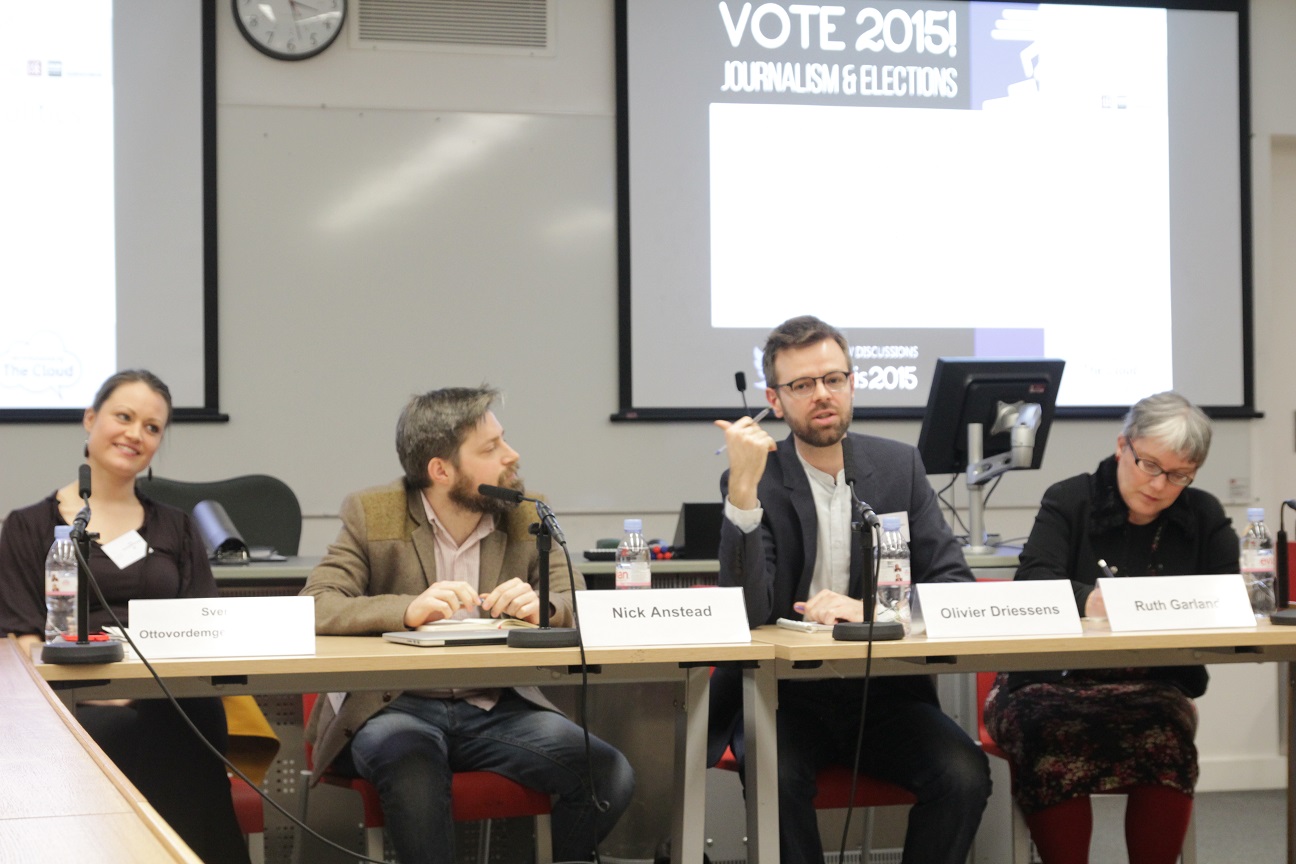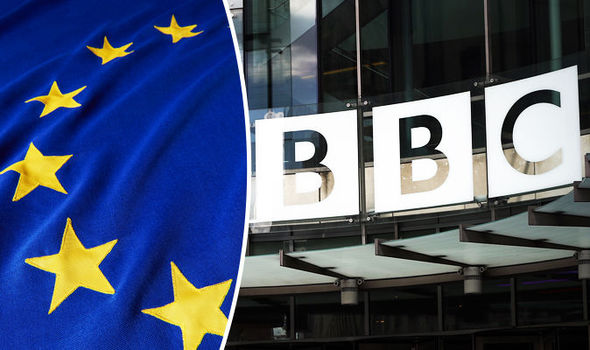Remember when we used to say that this is going to be the ‘Twitter’ or ‘Facebook’ or ‘TV debates’ election? It never was and now politics red in tooth and claw rules supreme, not a particular platform or channel.
But this is going to be (another) fascinating media election where a whole series of vital political communications issues are going to get a brutal field-test. I’m not sure democracy is going to be the winner but it is another chance to improve on the recent mixed record for journalism and social media’s role in critical campaigns.
It isn’t going to be a close run thing. But the passion of those who back Brexit/Remain/Corbyn/Scottish independence means that it will be hard-fought with a lot of strategic political positions at stake.
The British electorate might feel that they’re getting rather more democracy than they have time for in their busy lives. However, I suspect they recognise that this is another Big Moment in their nation’s destiny and they will want good information and a lively forum where the issues are properly aired and the voter given voice.
Will they get that?
I’d love to know what you think are going to be the key tests for UK news media over the next seven weeks. But here are some obvious challenges ahead.

Can we get all the politicians to take part in meaningful TV debates? I wrote a book chapter on the wrangling over that back in 2015 and the odd variety of on-screen encounters that ensured. I also wrote an article in the aftermath of that campaign in which I said it was the most stage-managed campaign ever. Will journalists have the guts this time around to show the public behind the spin-doctor’s props?
It’s going to be a tough election for public service journalists and the BBC in particular. If Brexit is going to dominate how can they achieve ‘balance’ or impartiality when Labour is so confused about it’s stance on Europe? How far should the news media go to introduce other topics such as the NHS?
The BBC got a lot of stick for its Brexit coverage though overall, as I wrote before, I think it didn’t do so badly with a difficult task. But an election is different to a referendum so they will have to think again. Should Nigel Farage, for example, get so much airtime if he doesn’t stand?
Will our (mainly right-wing) newspapers be able to set the agenda? I argued that their influence is less than the Westminster bubble might think, but in the short-term of a fevered campaign they can change the tactical picture.
Certainly, it will be interesting to see if Jeremy Corbyn’s hope that social media can by-pass a hostile press will have any effect. I still think that his fervent digital supporters actually put off swing voters by their aggressive and uncompromising online manner.
And ‘fake news’. There’s evidence that the UK has been less susceptible to false, hoax and hyper-partisan news content. Mainly because we’ve already got a press that is prepared to give the public a ‘creative’ variety of narratives. But I still think there is a major job to be done on fact-checking and filtering out the most egregious content. Wouldn’t it be lovely if the UK news media decided that the best antidote to bad information channeled by Facebook or Google or Twitter was to get their own act together and provide accurate, transparent and diverse information themselves?





